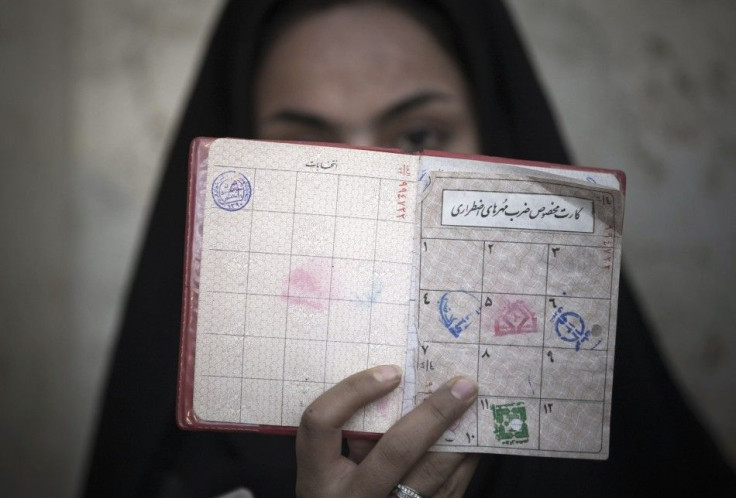Mahmoud Ahmadinejad May be Biggest Loser in Iran's Election

Iran's President Mahmoud Ahmadinejad may be the biggest loser -- and the country's Supreme Leader Ayatollah Ali Khamenei may be the biggest winner -- in the parliamentary elections conducted Friday, but the final results will not be known for two or three days.
More than 65 percent of eligible voters have cast their ballots in Iran's parliamentary elections, with 75 percent of the candidates from the Principlist camp winning their way into the chamber, according to unconfirmed results, the state-owned Press TV reported.
The results of the ballots in small towns and cities have been announced and vote counting in 150 electoral constituencies indicate a landslide victory for the Principlist camp for the 290-seat parliament, Press TV said.
Breaking down the winning candidates known at this point by their broad political affiliations, Press TV reported 112 are from the Principalist camp, 28 are from the reformist camp opposing the government, and 10 are from the camp supporting the government.
Those in the Principalist segment appear more likely to be aligned with Khamenai than they are with Ahmadinejad.
Interestingly, Parvin Ahmadinejad, the sister of the president, was unsuccessful in her bid for a seat in parliament.
Also interestingly, Press TV reported, only 48 percent of eligible voters participated in the capital city of Tehran.
One reason for the comparatively low turnout in Tehran may center on the fact most reformists considered the election to be a sham, according to Reuters.
British Foreign Secretary William Hague echoed this point, saying in a statement available on the United Kingdom Mission to the United Nations' Web site that Iran's election was neither free nor fair. The regime has presented the vote as a test of loyalty, rather than an opportunity for people freely to choose their own representatives, he said.
No independent observers were allowed to either check the official turnout figures or monitor the voting, Reuters reported.
© Copyright IBTimes 2024. All rights reserved.












